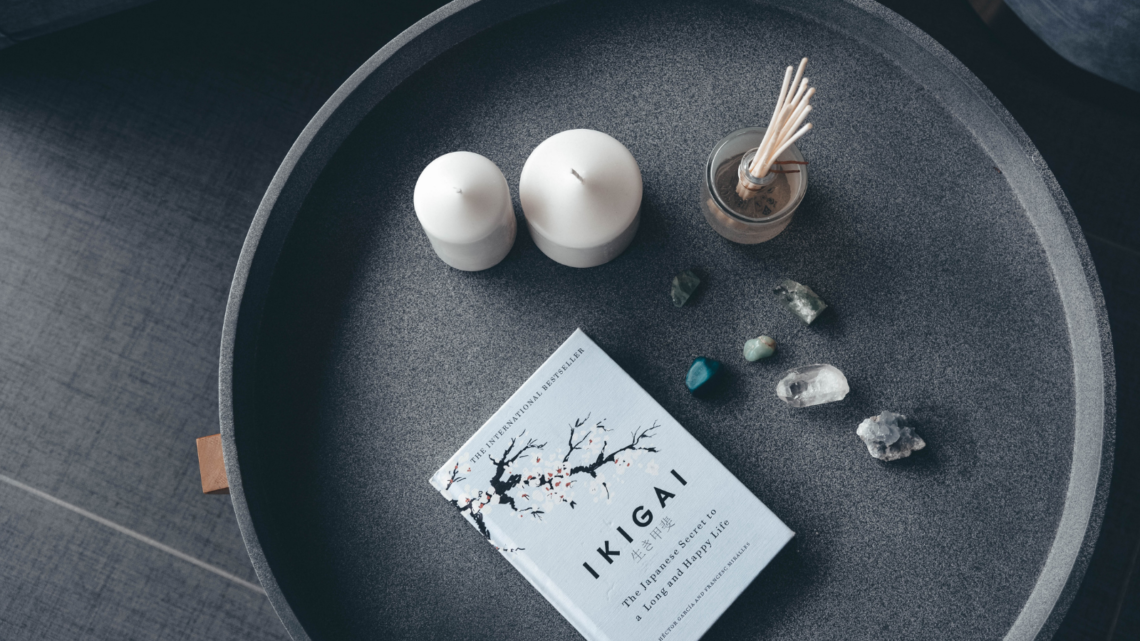
Ikigai, Logotherapy and I
Is it normal for an average Indian woman to fret too much about her purpose in life? If you are a woman born in India, you are constantly reminded by relatives and society that you must build a strong family and find financial independence. It’s the same in the city and in the small towns.
As for cultivating your own purpose and meaning in life? That’s something you can look forward to after retirement.
Since the pandemic, and possibly even before that, I have experienced an “existential vacuum.” The fact that it was tough to get out of the house or interact with other people made it even worse. Work seemed monotonous and I was lacking motivation.
For the past seven or eight years, I have written and reported on similar medical topics, using a similar format. Yes, COVID-19 was a brand-new topic and an unprecedented ordeal, but even that became dull after a point. Primarily, work and life were not motivating me enough to get up from my bed.
That’s when my colleague and friend recommended the book, Ikigai. At some point, I picked it up from an airport bookstore and followed that friend’s advice. Surprisingly, that little blue book became one of my top ten favourite reads. Ikigai changed my mindset. It made me examine issues that I had ignored in life and equipped me with instructions to get out of the doldrums.
But what does “Ikigai” mean? In simple words, Ikigai is your reason for getting up in the morning. It’s akin to Logotherapy, a psychological therapy proposed by Holocaust survivor Viktor Frankl. As per Frankl, a person’s search for meaning is the biggest motivation in their life.

My Ikigai
When I was a child, I wanted to be a doctor. Unfortunately, I couldn’t crack the qualifying examination. Life threw me multiple curve balls and I eventually found myself working as a journalist. Unintentionally, I ended up reporting on India’s healthcare sector. Upon reflection after a decade of scribbling healthcare and business stories, I am a little more conscious of my raison d’etre.
Going with the Flow
If one attends a “Logotherapy” session at a clinic, they will encounter the following steps:
- The therapist shows that one’s frustration represents a desire to have a more fulfilling life.
- The patient is helped to discover their purpose at that point in time. They will either accept this or reject it.
- The patient’s newfound enthusiasm for their existing path or a new one will help them overcome impediments and grief.
Rather than consulting a doctor, I chose to go through the process myself.
Fighting for Oneself
Following my independent journey through the process of Logotherapy, I have discovered this: My purpose at this point centres around my family and a career change. In addition, there are many things I want for myself. I want to create my own “moai,” the Japanese idea of a family of loyal friends. I want to connect more with my roots.
It won’t be simple in a world preoccupied with Ivy League university tags and flashy job titles. I will find my Ikigai at the point where my financial stability, passion and purpose intersect. It’s not going to happen in a day, but I will get there.




One Comment
Aishwariya Laxmi
This resonated with me a lot. Although I haven’t read Ikigai, I did read Viktor Frankl’s book ‘Man’s search for meaning,’ which discusses logotherapy. Have you read ‘Maybe you should talk to someone?’ I loved that book even more than Viktor Frankl’s book. I had reviewed it for womensweb – https://www.womensweb.in/2020/01/book-review-of-maybe-you-should-talk-to-someone-by-lori-gottlieb/